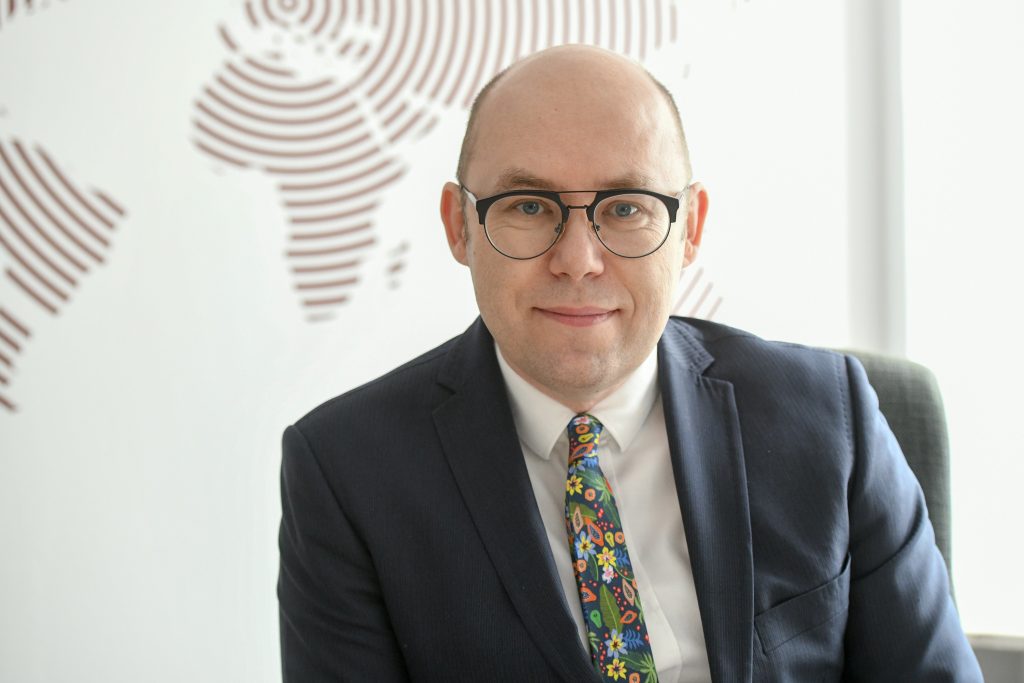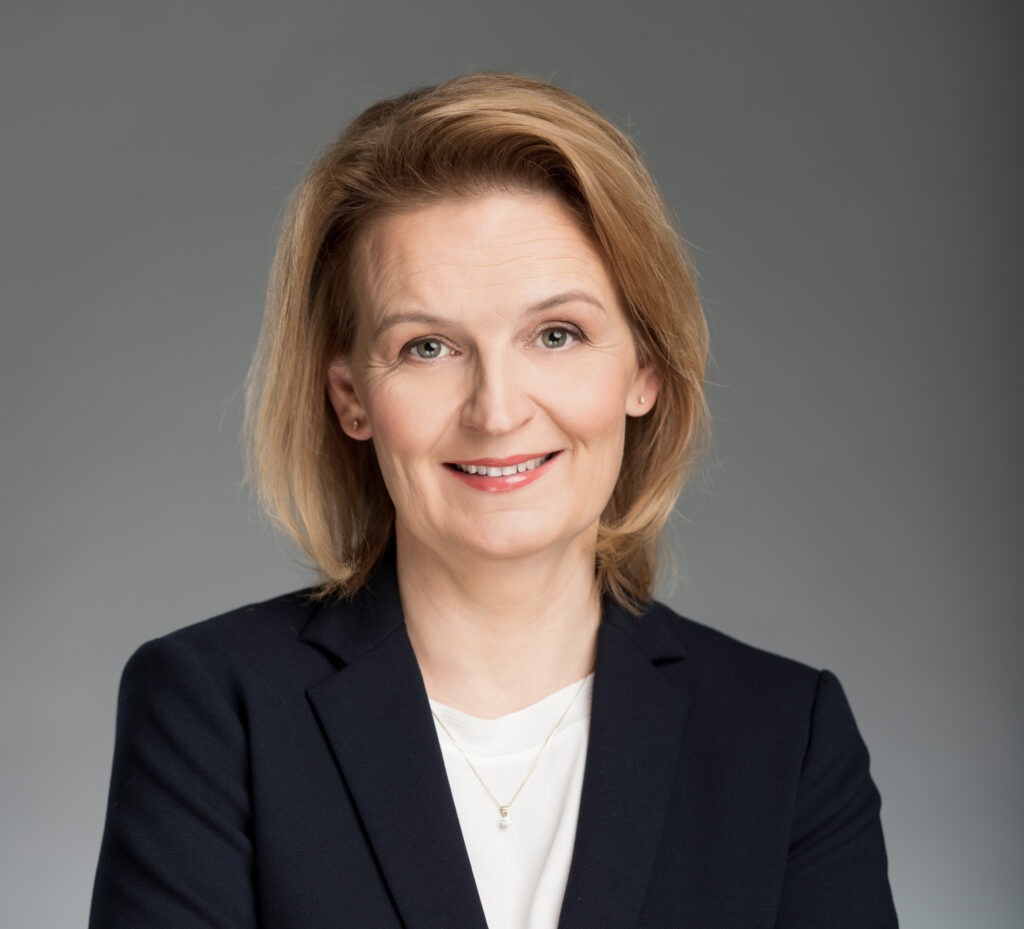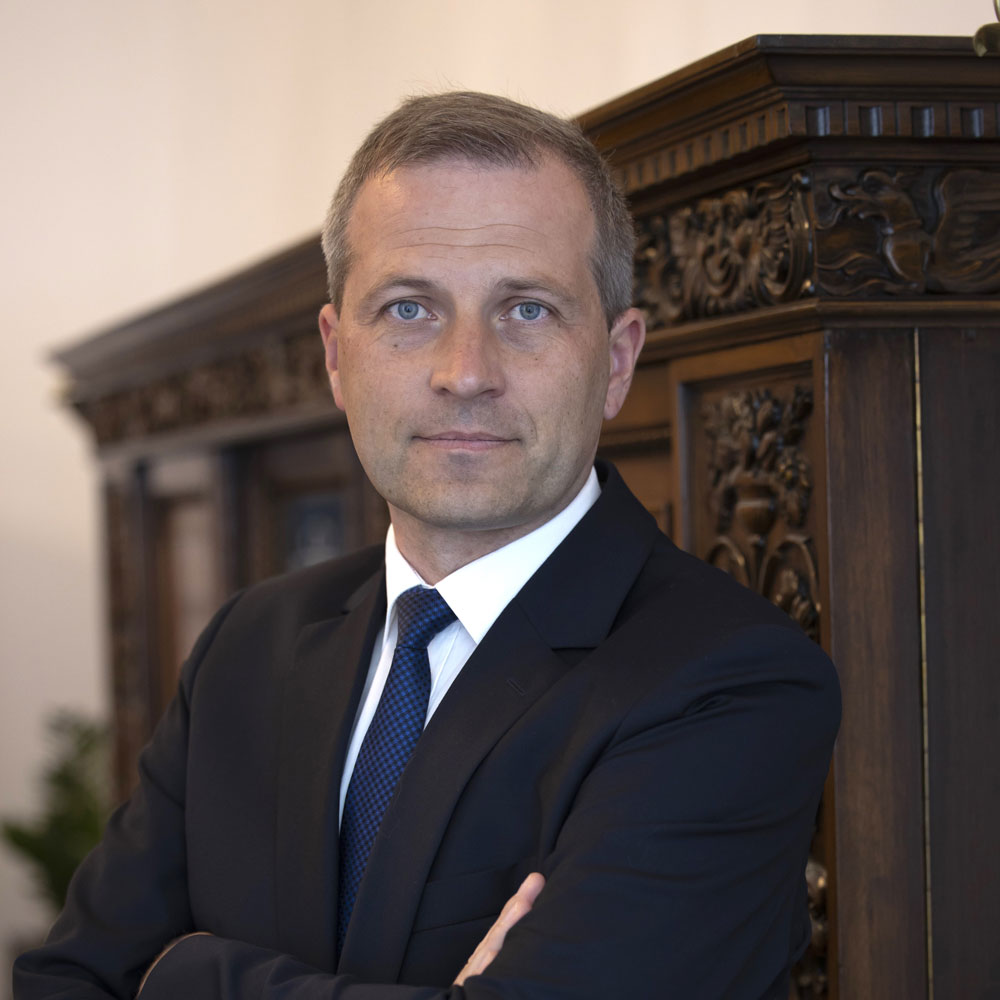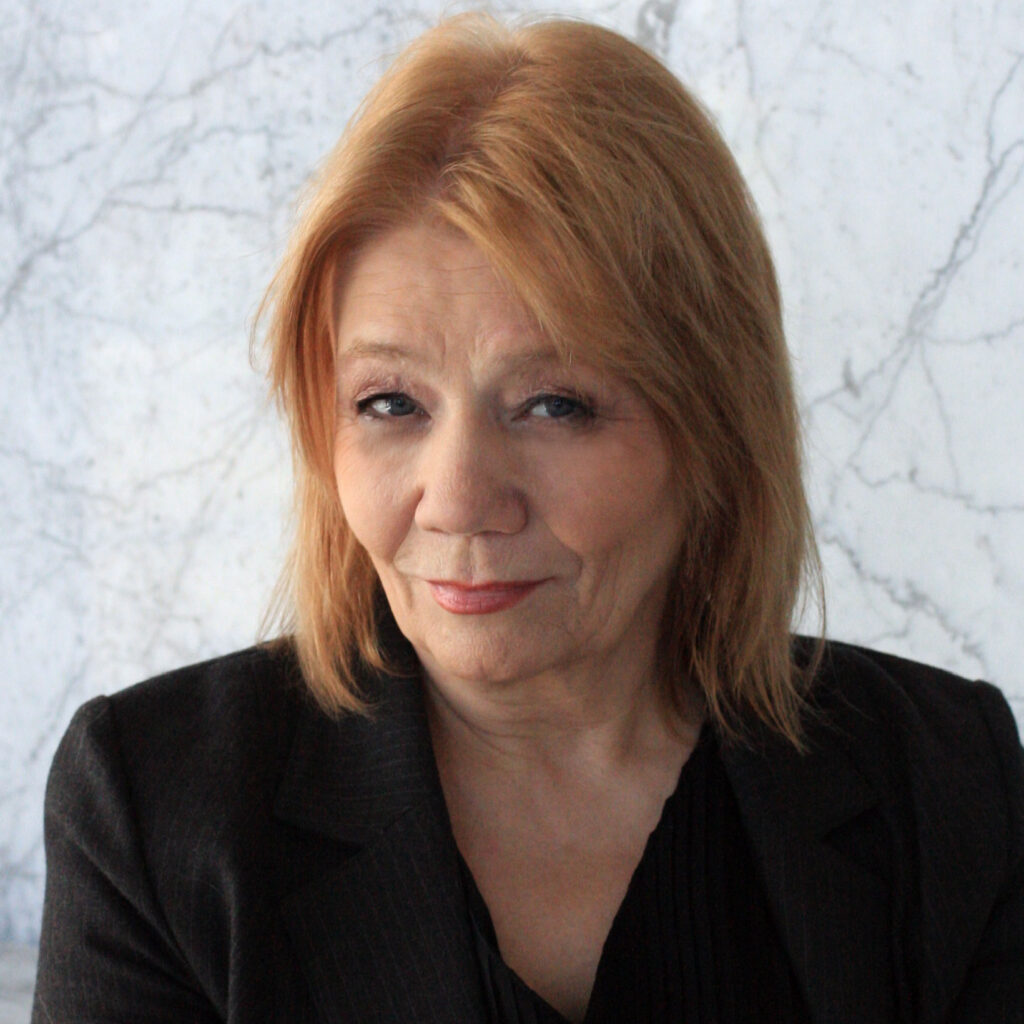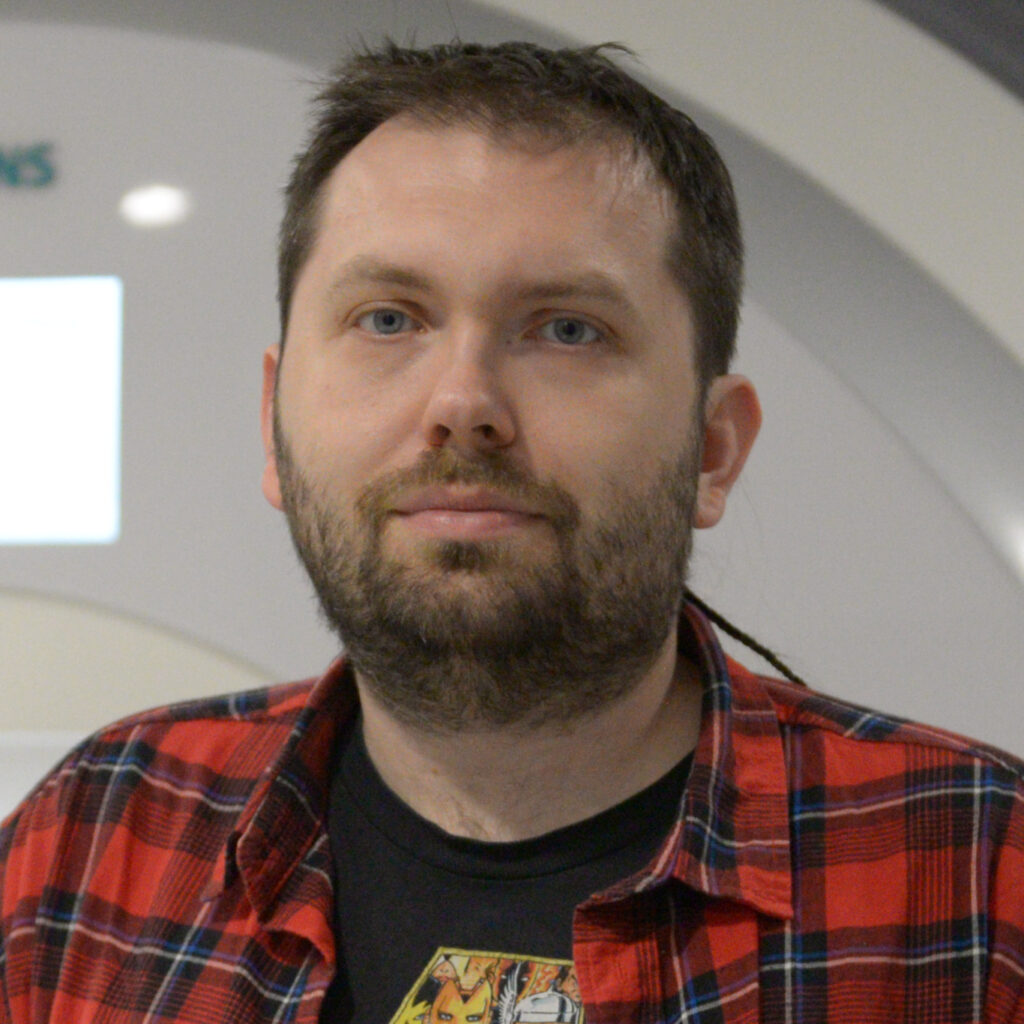11:00‑11:45 - Main stage
Are we facing a society of lonely people? Debate on the report of the Instytut Pokolenia
Are we facing a society of lonely people?
Does loneliness contribute to low fertility rates?
Can this be remedied? In what way?
These and other questions will be answered during the 7th edition of the 590th Congress.
The reason for the discussion is a report published by the Generations Institute on the feeling of loneliness among adult Poles. It is the first in a series of documents to be devoted to this issue.
Research conducted by the Institute in August 2022 indicates that 53% of Poles experience a sense of loneliness, almost 2/5 (39%) say they often or sometimes feel abandoned, and more than 1/3 of Poles have no one to turn to (35%). The feeling of loneliness/aloneness affects almost every second young person (46%), especially young men - as many as 55% of men under the age of 24 experience a strong sense of loneliness.
To participate in the debate, the title of which posed the question "Are we facing a society of lonely people?", the following were invited: Minister of Family and Social Policy - Marlena Maląg, a representative of the Department of Loneliness of the UK government, Prof. Elżbieta Mączyńska - member of the Committee on Economic Sciences of the Polish Academy of Sciences, Prof. Łukasz Okruszek - head of the Social Neuroscience Laboratory of IP PAN, Chairman of the Scientific Council of IP PAN, and Michał Kot, director of the Institute for Generations. The panel will be moderated by Agaton Kozinski.
The Generations Institute is a state budget unit that has been in existence since January 2022, supervised by the Prime Minister's Office. Its tasks include initiating and supporting activities aimed at strengthening the durability of intergenerational, interpersonal ties and identity built in Polish families by successive generations; collecting, compiling and making available to public authorities information on important demographic, social and cultural phenomena and processes; actively participating in the public debate on social processes and phenomena; creating a space for the exchange of experiences and cooperating with national and international scientific institutions and non-governmental organizations in the field of demography and family support.
